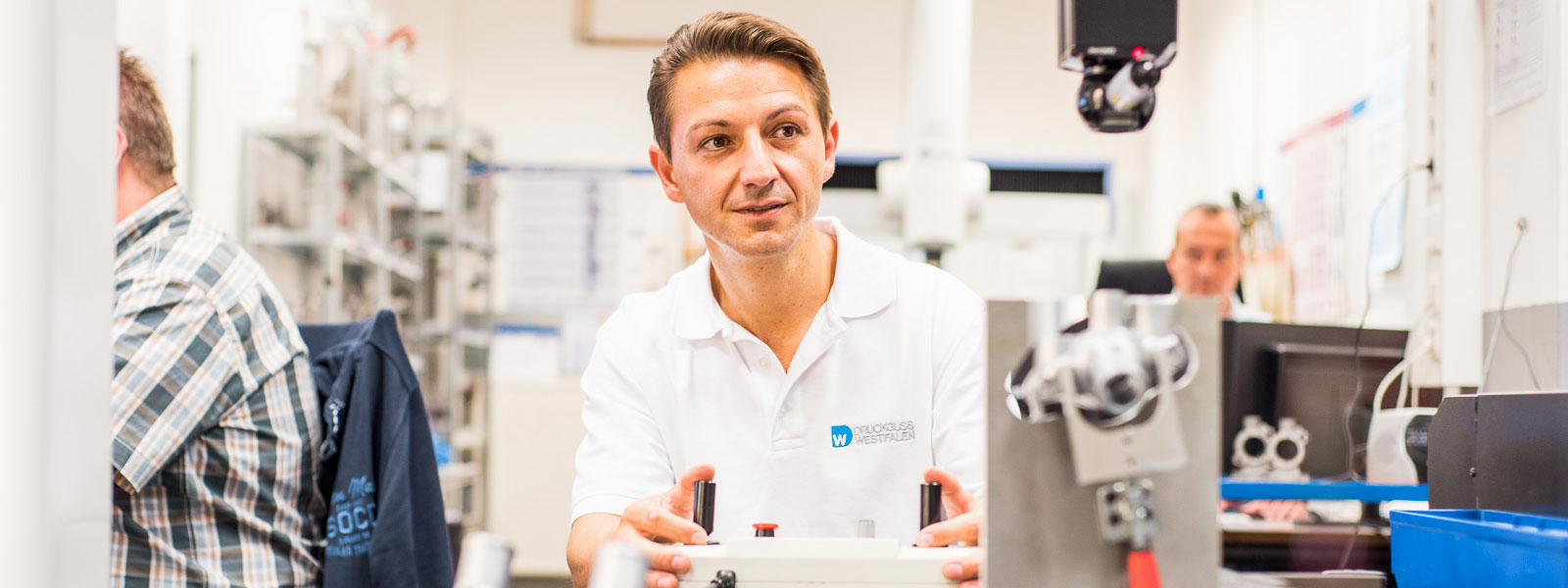9760885708
8439299931
Vegan Certification Over the years, there has been sort of a shift on preferences as regards what food items are appropriate for consumption. More and more people have adopted the vegetarian and vegan diets, which are void of animal products.
As a matter of fact, according to research, the vegan community seems to be growing by 2% annually. Hence, the need for Vegan Certification.
Although both terms sound the same, there is a difference; while vegetarians refrain from eating animals, they consume animal products like eggs and dairy. However, vegans do not eat animals or their products.
Nevertheless, both groups of people believe in the consumption of cruelty-free meals and products. Slowly, but surely, more people are switching over to the vegan community, as it grows larger daily.
A prime example is the presence of Gelatin, gotten from the skin of animals like chickens being used in the juice-making process. Even though it isn't present in the final product, it is a meat derivative, which makes it unacceptable. It is the need for this certainty that birthed Vegan certification.
Also, Vegan Certification is only permitted on products from companies in the United States, US territories, Canada, Australia, and New Zealand. However, it is recognized globally, and the products can be shipped to different countries.
Your products must not contain animals like meat, fish, fowl, or byproducts like eggs/egg products, milk/milk products, and honey/honey bee products. It should also not contain products like silk, dyes, or sugar filtered with bone char. Your products should not be made from leather, fur, silk, feathers, bone, horn, shell, wool, cashmere, angora, shearling, animal skin, mohair, or suede. Liquid products like beer, juice, or wine cannot be processed with animal products. This includes the products being defoamed, clarified, or filtered. The products should not have undergone animal testing of any kind. All products should not contain any ingredients made with animal-derived genes or GMOs. Another important part of getting a vegan certification in India is that all manufacturers are required to sanitize equipment used for the production of vegan products properly. This is necessary to avoid any cross-contamination from the production of non-vegan products.
Although both terms sound the same, there is a difference; while vegetarians refrain from eating animals, they consume animal products like eggs and dairy. However, vegans do not eat animals or their products.
Nevertheless, both groups of people believe in the consumption of cruelty-free meals and products. Slowly, but surely, more people are switching over to the vegan community, as it grows larger daily.
The Controversy Behind Vegan Products
Since there is an increase in the demand for vegan and cruelty-free products, consumers are typically concerned about how they can guarantee a product is truly vegan. The need for this ethical concern is largely due to some products claiming to be vegan while containing meat products.A prime example is the presence of Gelatin, gotten from the skin of animals like chickens being used in the juice-making process. Even though it isn't present in the final product, it is a meat derivative, which makes it unacceptable. It is the need for this certainty that birthed Vegan certification.
What Is Vegan Certification?
Vegan certification in India involves processes that ascertain a product do not contain any animal products or by-products. Basically, the Vegan certificate is a trademark for products that are void of animal products, byproducts & haven't been tested on animals. The logo is readily available to companies that meet the standard and are currently on multiple products from over 1000 products.Also, Vegan Certification is only permitted on products from companies in the United States, US territories, Canada, Australia, and New Zealand. However, it is recognized globally, and the products can be shipped to different countries.
Standards To Maintain For Vegan Certification
As a manufacturer, for your products to acquire a vegan certificate, there are a few criteria to pass. They are;Your products must not contain animals like meat, fish, fowl, or byproducts like eggs/egg products, milk/milk products, and honey/honey bee products. It should also not contain products like silk, dyes, or sugar filtered with bone char. Your products should not be made from leather, fur, silk, feathers, bone, horn, shell, wool, cashmere, angora, shearling, animal skin, mohair, or suede. Liquid products like beer, juice, or wine cannot be processed with animal products. This includes the products being defoamed, clarified, or filtered. The products should not have undergone animal testing of any kind. All products should not contain any ingredients made with animal-derived genes or GMOs. Another important part of getting a vegan certification in India is that all manufacturers are required to sanitize equipment used for the production of vegan products properly. This is necessary to avoid any cross-contamination from the production of non-vegan products.

